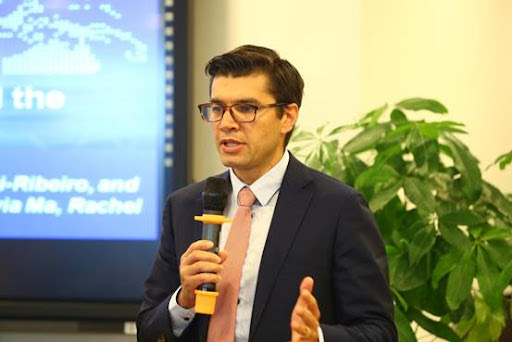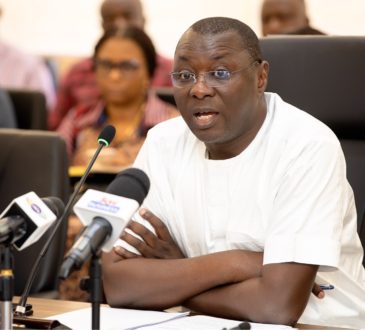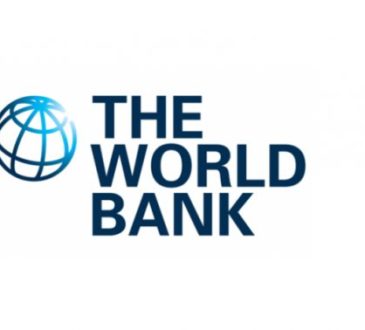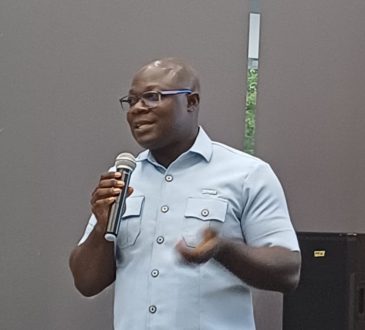
The International Monetary Fund (IMF) has heralded Ghana’s remarkable progress toward fiscal consolidation, particularly notable in the midst of an election year.
According to Marcos Poplawski Ribeiro, Dep. Division, Fiscal Affairs Department at the IMF, Ghana has demonstrated fiscal consolidation.
Marcos Poplawski-Ribeiro, Deputy Division Chief of the Fiscal Affairs Department at the IMF, highlighted Ghana’s significant strides in this regard. He emphasized, “Ghana serves as a shining example of fiscal consolidation in action – the nation has made substantial gains in revenue mobilization over recent years while also effectively managing expenditure.”
Speaking at the press briefing and launch of the Fiscal Monitor report titled “Fiscal Policy in the Great Election Year” on the sidelines of this year’s IMF Spring Meetings, Mr. Poplawski-Ribeiro indicated that their analysis revealed risks of fiscal slippage ahead of elections in some sub-Saharan regions.
In terms of policies, the fund advised countries in sub-Saharan Africa to “increase their revenue potentials, the main instrument is to broaden the tax base, it could be one way to increase revenue.”
Importantly, he added that to improve and modernize the public financial management systems -implementation of fiscal rules for credible medium term framework, which “the region could implement in the coming years to improve their conduction of fiscal policy”
The Fund is contributing through capacity development, IMF arrangement and international cooperation on restructure, Mr. Ribeiro noted.
Further, the Fiscal Monitor report highlights that even as the global economic outlook is stabilizing, fiscal policy continues to struggle with legacies of high debt and deficits, while facing new challenges. Public finances risks are acute this year as over 80 economies and economic areas are holding elections, amid increased support for high government spending.
Financing conditions remain challenging, while spending pressures to address structural challenges are becoming more pressing.
Countries should boost long-term growth with a well-designed fiscal policy mix to promote innovation more broadly, including fundamental research, and facilitate technology diffusion. Durable fiscal consolidation efforts are needed to safeguard sustainable public finances and rebuild buffers.
Ghana is making important inroads to stabilize its economy, and continued program implementation beckons a brighter future.
IMF staff and the Ghanaian authorities have reached staff-level agreement on economic policies and reforms to conclude the second review of the 36-month ECF-supported program. Ghana will have access to about US$360 million in financing once the review is approved by IMF Management and formally completed by the IMF Executive Board.
Performance under the program has been generally strong, with most quantitative objectives met and key reforms implemented. The authorities’ strong policy and efforts have continued to yield positive results: economic growth is higher than initially expected; inflation has continued to decline; and both fiscal and external positions have improved significantly in 2023.
When Ghana requested an IMF-supported program in July 2022, the country was dealing with an economic and financial crisis that was the outcome of preexisting vulnerabilities and substantial external shocks. The authorities have since made compelling progress under the program that was approved by the IMF Board in May 2023.
By Eugene Davis






